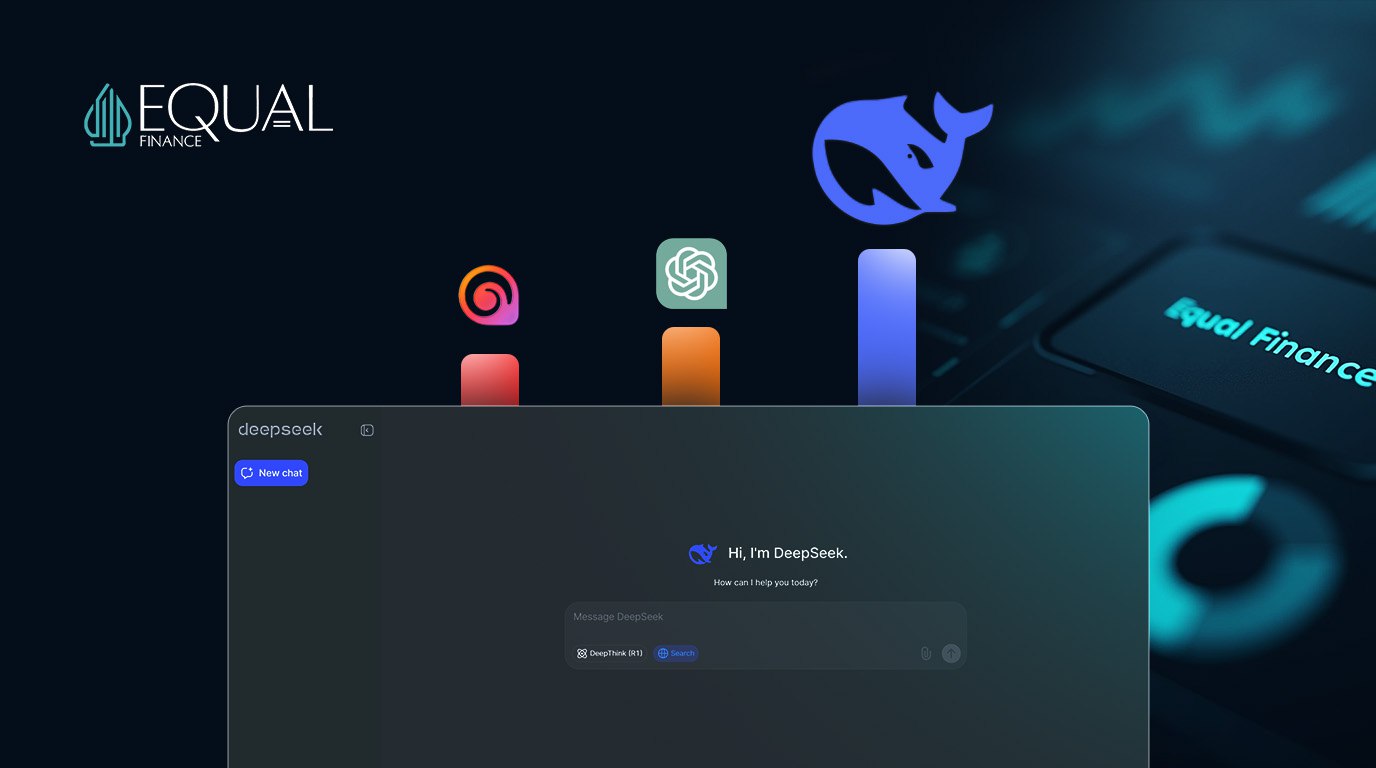When we talk about Islamic finance, large-scale projects, investments, government financing, and sukuk often come to mind. However, a key part of the Sharia-based economy also involves the daily financial life of ordinary people. Islamic finance for individuals addresses how Muslims (and not only) can apply Sharia principles to personal money management, banking operations, and savings.
The goal of this article is to demonstrate which Islamic banking tools and possibilities are available for everyday people, how they can organize their financial activities without violating Sharia principles, and at the same time manage their resources as effectively as possible.
1. Foundations of Sharia and Personal Finance
1.1. Principles of Interest-Free Banking
A central feature of Islamic finance is the prohibition of riba (interest). For individuals, this means that deposits and loans should avoid any interest component. Banks offer alternative structures like murabahah, ijarah, and musharakah, providing profit without interest.
1.2. Avoiding Maysir (Gambling) and Gharar (Excessive Uncertainty)
Speculative currency trading or short-term transactions on high-volatility markets can resemble gambling (maysir). Similarly, any transaction with uncertain or hidden conditions comes under gharar. Islamic scholars urge caution regarding high-risk speculation and emphasize clarity and transparency in financial deals.
1.3. Permissible and Prohibited Sectors (Halal/Haram)
Beyond the prohibition of riba, Muslims are advised to avoid investing in companies engaged in alcohol, tobacco, gambling, pornography, and other activities considered haram. Selecting financial products must consider whether the underlying business is “halal.”
2. Which Islamic Finance Products Are Available to Individuals
2.1. Islamic Checking and Savings Accounts
In an Islamic bank, an individual may open a non-interest-bearing current account or a savings account based on mudarabah, where returns are derived from profit-sharing rather than interest. The bank invests depositors’ money under Sharia principles, sharing the resulting profits.
2.2. Cards and Payment Services (Debit, Prepaid)
While conventional credit cards that charge interest are discouraged, Islamic banks provide alternative products like debit or prepaid cards linked to an Islamic account.
2.3. Consumer Financing (Murabahah)
If one needs to purchase household appliances, a car, or other goods, an Islamic bank can buy the goods and resell them to the client at an agreed markup rather than charging interest.
2.4. Auto and Mortgage Programs (Ijarah, Diminishing Musharakah)
To buy real estate, many Islamic banks use ijarah (leasing) or diminishing musharakah, where both bank and client own the property jointly and the client gradually buys out the bank’s share.
2.5. Takaful (Islamic Insurance) for Individuals
Takaful for health, life, or property is structured on mutual support rather than conventional premiums and interest. Each participant contributes to a common fund, which pays out if a loss occurs.
3. Practical Aspects of Using These Products
3.1. Choosing a Bank
Not all banks labeled “Islamic” strictly follow Sharia requirements. It’s important to check fatwas and opinions by the Sharia board, as well as the service conditions.
3.2. Fees and Alternatives to Interest
Although interest is forbidden, a bank can charge service fees or a markup in commodity sales (murabahah). Individuals need to look closely at the amount and structure of such payments.
3.3. Investments in Equities and Sukuk
To invest surplus funds, individuals can purchase shares in “halal” companies or acquire sukuk. However, they must check that the companies’ activities are Sharia-compliant and avoid speculation.
4. Advantages for Individuals
4.1. Financial Stability
Islamic models avoid risky behaviors associated with high interest rates and speculative investments, which may help families plan their budgets more effectively.
4.2. Social Responsibility
By choosing Islamic products, one supports projects that do not contradict Islamic ethics. This can create a sense of contributing to a fairer economy.
4.3. Transparency
There is a clear understanding of the terms on which funds are provided and how the profit is formed. There tend to be fewer hidden fees and complex interest formulas.
5. Challenges and Limitations
5.1. Underdeveloped Infrastructure
In some countries, especially non-Muslim ones, Islamic banks and “windows” are still emerging. This may limit choices for individuals.
5.2. Lack of Expertise
Not all advisors or bank managers fully understand the specifics of Sharia, which can cause confusion and distrust among customers.
5.3. Potentially Higher Costs
Additional expenses related to Sharia audits and the absence of broad scaling can make some products more expensive than traditional ones.
6. Prospects for the Development of Islamic Finance for Individuals
6.1. Growing Demand in Non-Muslim Countries
In Europe, Russia, parts of Africa, and North America, expanding Muslim communities seek “halal” financial solutions. Banks respond by opening Islamic departments or introducing new products.
6.2. Digitization and Fintech
Online platforms, mobile apps, and blockchain can simplify access to Sharia-compliant services, making them more competitive.
6.3. ESG Trend
Worldwide interest in ethical investing (ESG) aligns well with Islamic principles, creating new opportunities for retail customers wishing to invest in socially responsible projects.
7. Conclusion
Islamic finance for individuals offers a variety of options: from daily payment operations to saving and investing without infringing religious standards. The key is finding a reliable banking institution or platform certified by Sharia boards and understanding the mechanics of interest-free instruments (murabahah, ijarah, musharakah, etc.).
Despite potential obstacles (lack of robust infrastructure, additional costs), the steady growth of Islamic banking—even in non-Muslim regions—reflects its viability and potential. Muslims can adhere to their faith’s principles, and others can discover a more ethical and transparent model of financial service.


